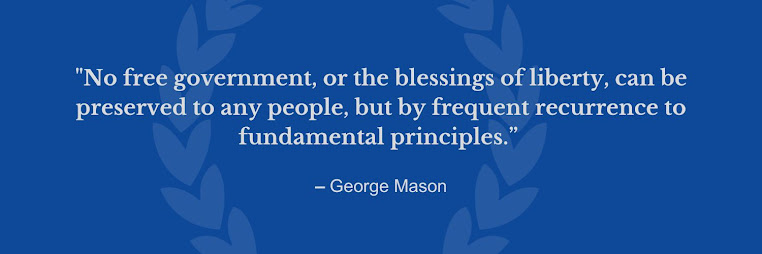In a speech on July 20, Commissioner Michael O’Rielly of
the Federal Communications Commission described how the FCC has been using “an extremely narrow definition and scope of the media
marketplace” that can no longer be defended, especially after the decision in
the AT&T/Time Warner merger:
From the viewpoint
of many, both the FCC and Department of Justice have been stuck in
administrative molasses, seeking to apply sectoral market analysis, preserve
questionable bright line tests, and continue the imposition of rigid
restrictions as part of transactional reviews the same way now as in 2008,
1988, or 1958. I would posit that the entire foundation of how the government
currently views the “communications” market – be it voice, video, or data – is
outdated and misguided.
Free State Foundation President Randy May and I made
largely the same argument today in our op-ed
posted on Real Clear Markets, where we concluded:
Judge Leon’s
decision rejecting the Department of Justice’s case against the AT&T/Time
Warner merger should be a spur to further critical thinking regarding the
application of antitrust law to today’s technologically dynamic communications
and media environment. It’s not acceptable for antitrust authorities to rely on
outdated market definitions that bear little resemblance to today’s shifting
competitive market realities.
Commissioner O’Rielly went on to explain:
The problem with
such an approach, of course, is that when you narrowly define a marketplace and
narrowly recognize competition – far devoid from market realities – the result
typically leads to the application of additional regulations or limitations
beyond what is necessary to protect consumers. Perhaps that’s just the nature
of the beast. But, as Judge Leon recognized in his decision, there has been a
“veritable explosion” in the media marketplace in just the last five years. In
the video space, Netflix, YouTube, Hulu, and so many other over-the-top
providers now compete directly for consumer attention and the almighty
advertising dollars. In the audio space, there is also satellite radio and a
myriad of Internet offerings, including the ability to stream most radio
stations from their own websites. This has an impact on the ability of
traditional media providers to cover their costs, make capital investments,
expand operations to meet consumer needs, and so much more. Broadly, this means
that, given the extensive competition from new technologies, the current
generation of legacy media will only flourish, and perhaps survive, if the
government recognizes this marketplace reality.
Accordingly, all relevant
participants: newspapers, radio stations, broadcast television stations, cable
companies, over-the-top providers, Internet sites, social media platforms,
streaming music services, and satellite radio must be included in any media
market definition. When I talk to existing providers in this space they explain
quite clearly to me how their future plans are centered around competing against
all of those operating in the market, especially given the development and
scale of two large Internet companies: Facebook and Google. In not recognizing
this in our rules, we shackle certain competitors, skewing the market in favor
of the unregulated industries.
Having a dynamic understanding of
where the marketplace stands at the current time, along with the agility to
adapt as the market changes, allows either the FCC or DOJ to conduct a fair but
accurate analysis, which should be of top priority. For example, one of the
major reasons cited for the AT&T/Time Warner merger was the belief of the
companies that the future rested in delivering content in the broadband space,
and particularly to mobile devices.
The FCC will be reviewing several other significant
mergers later this year, including the proposed
merger of T-Mobile and Sprint. Thus, these comments give an insight into how Commissioner
O’Rielly will be evaluating the critical market definition issues for
acquisitions before the FCC.
Commissioner O’Rielly’s speech was at
an event
sponsored by Michigan’s Mackinac Center for Public Policy in Lansing, Michigan.
I was a panelist at the event, along with Brent Skorup of the Mercatus Center.




